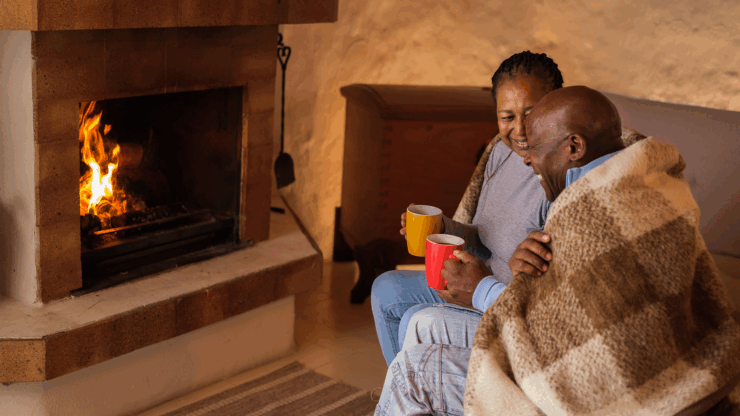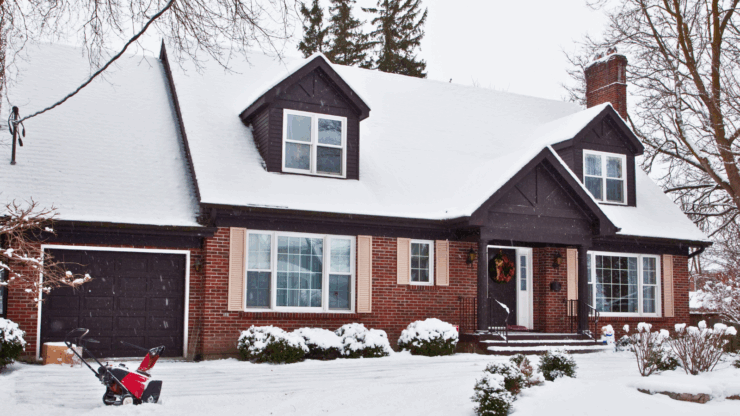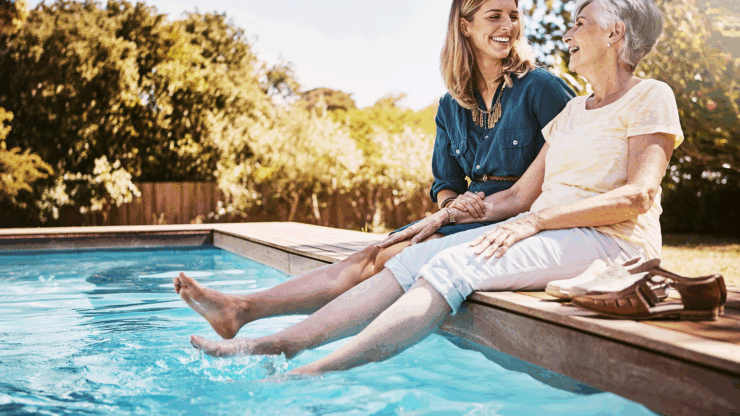
Cold Weather Safety For Seniors and Their Caregivers
Key Takeaways
- Cold weather increases risks like frostbite, hypothermia, and isolation for seniors.
- Dressing in layers and staying dry helps maintain body heat.
- Limiting time outdoors and preparing for storms boosts safety.
- Regular check-ins ensure needs are met during severe weather.
- LifeWorx caregivers provide essential support and monitoring in winter conditions.
Winter is a magical time of the year, but the season’s harsh side can be hazardous for older adults. During the winter months, ice, snow, cold temperatures, slippery sidewalks, and cold weather can cause various injuries and illnesses. Older adults run a higher risk of health problems including hypothermia, frostbite, and falls in ice and snow. Like most things in life, it is better to be prepared. The following winter safety tips for older adults can be especially helpful for preventing common cold weather dangers to seniors:
- Avoid slipping on ice
- Icy, snowy roads and sidewalks make it easy to slip and fall. Often these falls cause major injuries such as hip and wrist fractures, head trauma, and major lacerations. When venturing outside of the home during the winter months, seniors should wear sturdy shoes or boots with good traction and non-skid soles and only walk on pathways clear of snow and ice.
- Bundle up
- As we age, our bodies become less effective at regulating heat. Because of this, seniors are more prone to the increased risk of developing hypothermia, a potentially dangerous condition that occurs when the body’s core temperature dips below 95 degrees. When stepping outside, seniors should protect their bodies from the elements by dressing in multiple layers of clothes.
- Manage seasonal depression
- As the days grow shorter and there is less sun exposure, seasonal affective disorder (SAD) becomes more common. Take charge of your mental health by engaging in mild to moderate activity. If you have trouble coping with your seasonal depression, talk to your primary care provider or mental health counselor.
- Protect yourself from Carbon Monoxide poisoning
- During the winter months, it is common to use the fireplace or other heating sources – such as natural gas, kerosene, and other fuels. Unless fireplaces, wood and gas stoves, and gas appliances are properly vented, cleaned, and used – they can leak dangerous amounts of carbon monoxide.
- Protect your skin
- Over time, skin becomes thinner, drier, and more fragile. Winter weather can take a toll on aging skin, and cause crackling and bleeding, leading to infection. In addition, to stay hydrated, older adults need to use moisturizing cream regularly.
Winter is filled with fun and celebrations. Although wintertime certainly poses challenges for older adults, with a bit of planning and awareness, they can stay healthy and experience the joys of springtime in the coming months. The most important tip to keep in mind during the colder months is to encourage older people to ask for help.
Find your peace-of-mind.
Explore LifeWorx’ in-home elder care services.

















